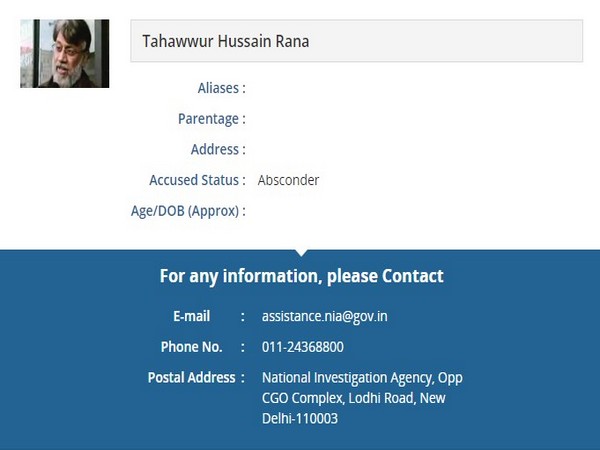US Supreme Court Clears Path for Tahawwur Rana's Extradition to India
The US Supreme Court has denied a writ of certiorari from Tahawwur Rana, paving the way for his extradition to India. Convicted in connection with the 26/11 Mumbai attacks, Rana's appeal was rejected, affirming lower court decisions and his extraditable status. He remains in custody awaiting final extradition approval.

- Country:
- United States
A businessman of Pakistani origin, Tahawwur Hussain Rana, faces imminent extradition to India. Convicted for his involvement in the tragic 26/11 Mumbai attacks, which claimed 164 lives, Rana is currently held in the United States. Among his co-conspirators was David Headley, who pleaded guilty and testified against him.
On January 21, the U.S. Supreme Court rejected Rana's appeal to prevent extradition to India, dismissing his writ of certiorari. This writ, filed in November 2024, contested a lower court's decision supporting extradition. Its denial accelerates the process, aligning the current legal course towards his extradition.
Previously tried in Illinois, Rana was indicted on multiple charges, including providing material support to terrorism. He received a 168-month sentence in 2013. In 2020, a California judge signed an arrest warrant for his provisional extradition. India charges him with conspiracy, forgery, and terrorism-related offenses.
Rana contested the extradition process. However, U.S. judges have consistently ruled against him, including a May 2023 decision certifying his extraditable status. Rana's subsequent habeas corpus petition was rejected in August 2024. The latest Supreme Court decision further solidifies these rulings, keeping him in custody pending extradition authorization from the Secretary of State.
The California District Court detailed that the extradition met all legal codes, mandating Rana's retention under U.S. custody. The final decision now hinges on administrative approval, signaling a potential closure to a longstanding legal battle with significant international ramifications.
(With inputs from agencies.)










